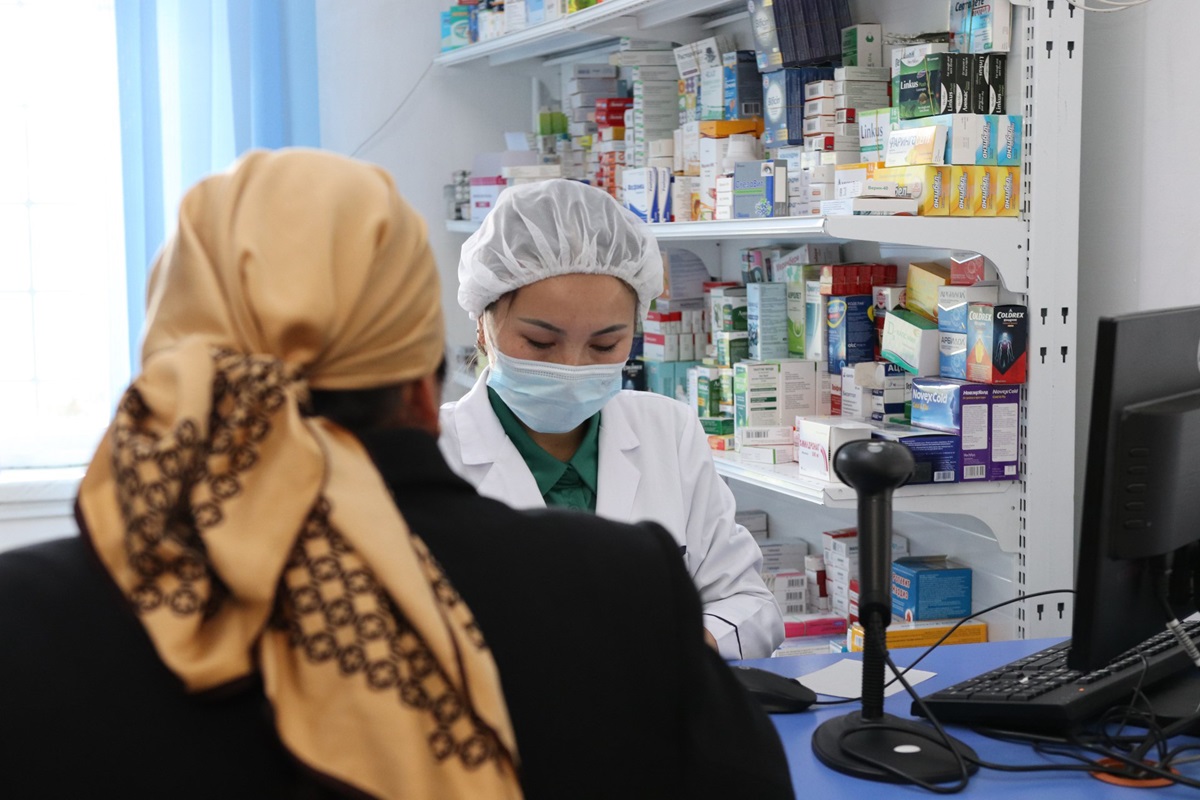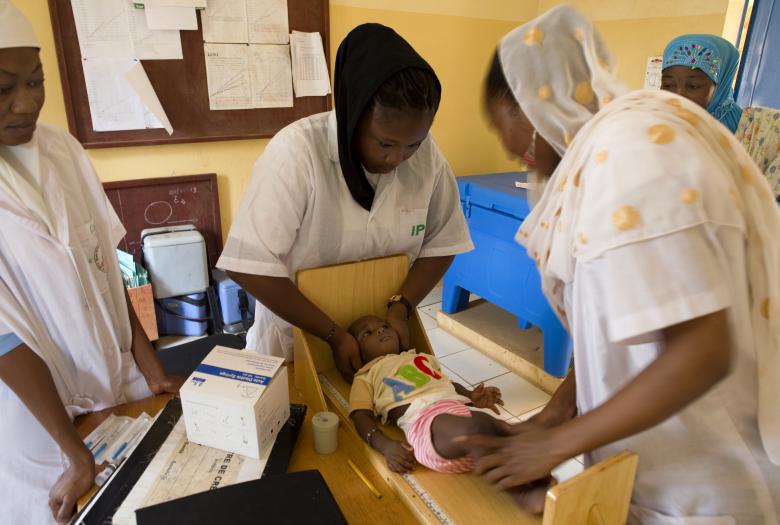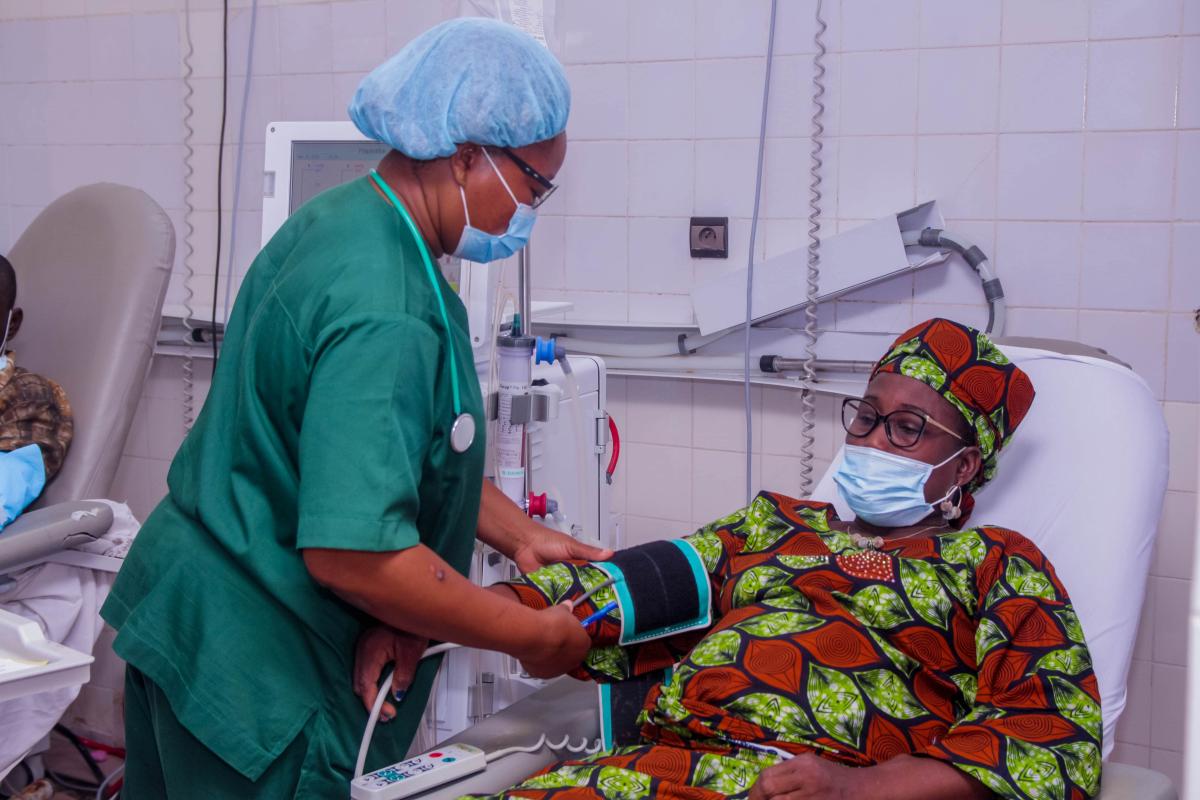The PNDS 2022-2030 Performance Framework is built around four (04) programs: Program 1: Accelerating the reduction of maternal, neonatal and infant/child mortality Program 2: Strengthening disease control Program 3: Health security and public health emergency...
PNDS 2022-2030 Volume 1: Situational analysis and PNDS
The 2022-2030 national health development plan will be deployed in an economic context of major constraints linked to the country's state of underdevelopment, but also of promising opportunities and prospects for economic growth and a better distribution of national...
Out of pocket care costs among HIV and hypertension co-morbid patients in Uganda
This study investigates the financial burden of out-of-pocket costs for patients with both HIV and hypertension (HTN) in urban and peri-urban Uganda. Through a survey of 94 patients from 10 clinics in Wakiso and Kampala districts, researchers assessed the direct,...

More Singaporeans will get higher healthcare subsidies
The Ministry of Health (MOH) announced an increase in public healthcare subsidies across range of services for Singaporean residents, beginning from October 1. This increase will benefit approximately 1.1 million residents.As reported by Daphne Yow in CNA, the MOH...
ISSA Country profiles: Equatorial Guinea
Policies as of 1 July 2022. Updated via a country survey and desk review.

New Health Impact Investment Platform launches first investment plans for primary healthcare in 15 countries
The World Health Organization (WHO) and multilateral development banks have launched a €1.5 billion platform to strengthen primary healthcare in low- and middle-income countries, starting with investment plans in 15 nations.In partnership, WHO and multilateral...
Impact of direct health expenditure on poverty and compliance of public and external health financing in Guinea
This document was produced by the World Bank and external contributors with the following objectives (i) measure the impact of DDS on extreme poverty in Guinea ; (ii) compare this impact with that of other categories of household expenditure; and (iii) assess the...

Niger: 50% reduction in the cost of healthcare in public facilities
The Niger authorities have decided to reduce the cost of health services in public health centers by 50%, according to a communiqué issued at the end of a council of ministers held on August 22, 2024.The weekly meeting of the executive ruled on patient care in Niger's...
Advancing Crisis-Resilient Social Protection Through a Hybrid Social Protection Scheme in Pakistan
The objective of this paper is to summarize analysis conducted to provide inputs to the Hybrid Social Protection Scheme (HSPS) pilot. The empirical findings suggest that financial literacy, digital inclusion, and family support are key drivers of saving demand....
Pakistan’s path to universal health coverage
This paper assesses Pakistan’s progress toward achieving UHC at the national and subnational level. Pakistan’s progress toward UHC aligns closely with its economic development trajectory and policy efforts in expanding UHC program. However, economic underdevelopment...
Law on Social Mutuality in Guinea
In the Republic of Guinea, the regulatory context for social mutuality is governed by Decree Du/1994/090 of October 1994, which remains insufficient to achieve the objectives set. The State's limited resources to cover the needs of all citizens in terms of access to...

Universal Health Coverage for Better Social Protection: The Case of Iraq
Iraq’s healthcare system, once robust, has deteriorated due to decades of conflict, sanctions, and poor governance, leaving most citizens without insurance and reliant on an underfunded public sector plagued by staff shortages and inefficiencies. To address this, a...

Universal health coverage in Benin: a clear political commitment
The Beninese government is continuing its efforts to make access to essential health services a reality for all citizens. Since April 2016, the Beninese authorities have been committed to making health "an essential dimension of the population's well-being and a key...
Does integrated medical insurance system alleviate the difficulty of using cross-region health Care for the Migrant Parents in China – Evidence from the China Migrants Dynamic Survey
Research conducted by Chao Ma, Shutong Huo and Hao Chen, utilizing data from the 2015 China Migrants Dynamic Survey, employed Ordinary Least Squares (OLS) regression models to analyze the impact of Integrated Medical Insurance Schemes (IMIS) on migrant parents.Their...
Benefit Incidence Analysis of Inpatient Care in Government Facilities: A State Wise Analysis
The present study provides an important baseline to monitor the progress made by the government in terms of equity. It will help us to monitor the effectiveness of government investment especially concerning the utilisation of poor and vulnerable sections.
